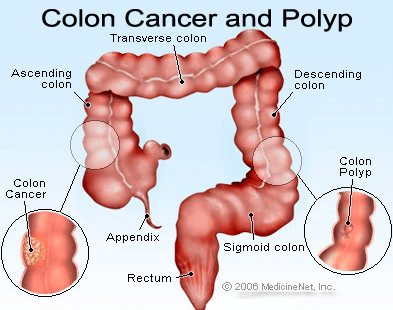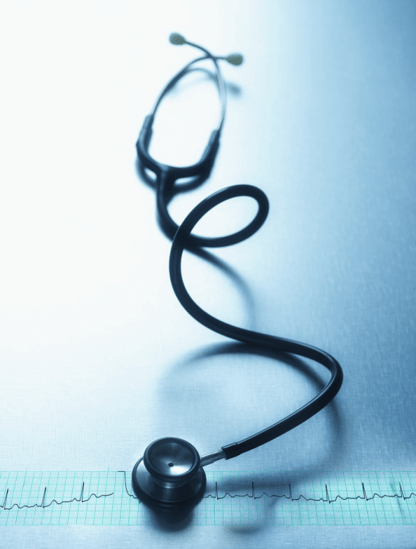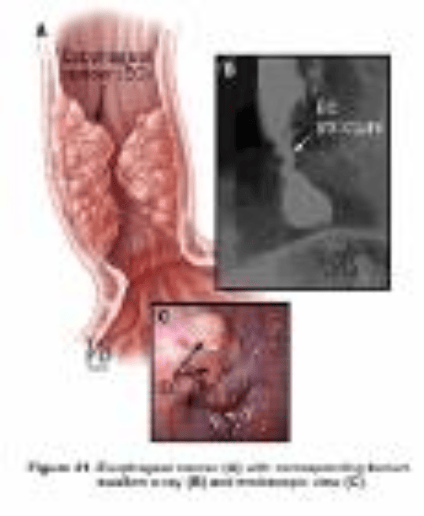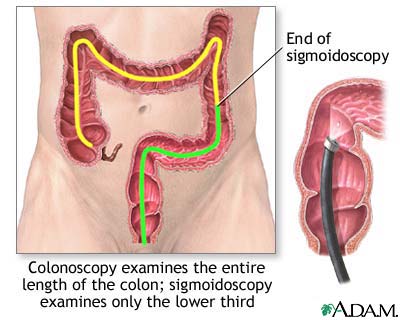Colon cancer is now a pressing concern in the United States. However, unlike most cancer ailments, the good news is that colon cancer can be...
Read More Colon CancerAlso referred to as colonic cancer, colon cancer has over the past couple of years grown to become a killer disease all over the world. Research...
Read More Colon Cancer Detection: What You Need to DoIn some respects, the U.S. is winning the war on cancer. Recent reports show an overall decline in the number of new cancer cases and fewer cancer...
Read More Colorectal cancer on the rise in adults under 50 - Dr. StarpoliI came upon this post on the endonurse.com web site. For those who will be having colon cancer screening with colonoscopy, this application may be...
Read More New App Helps Patients with Colonoscopy PreparationAs reported from Medscape (11/4, Canavan) reported, "Two new tests that examine the gene signatures of peripheral blood mononuclear cells have...
Read More Two Gene Signature-Based Tests May Help Identify Colon Cancer.The CBS Evening News (10/28, story 11, 1:00, Couric) reported that "a new test that may one day make screening for colon cancer a lot easier." At...
Read More New, Noninvasive Screening Test May Detect 85% Of Colon Cancer CasesEsophageal cancer rates have risen by 50% over the past 25 years in men in the United Kingdom, according to new figures released by Cancer Research...
Read More 50% Rise in Esophageal Cancer in BritainIn the event that you're 45 or over or have a family history of colon cancer, you ought to be screened. It used too be age 50 and for...
Read More Have you had your colonoscopy?The American College of Gastroenterology, based on two recent studies, is recommending patients split their colonoscopy preparation into two parts,...
Read More Better Colonoscopy Preparations Lead to Better Examinations!Have you ever wondered why some providers offices call so many times to remind you to schedule an appointment? Our office does this monthly, in...
Read More Phone Reminders May Boost Colon Cancer Screenings



_1.webp?width=476&height=549&name=colon_pictures_20100906_1846582001%20(1)_1.webp)

_1-2.webp?width=476&height=549&name=colon_pictures_20100906_1846582001%20(1)_1-2.webp)



